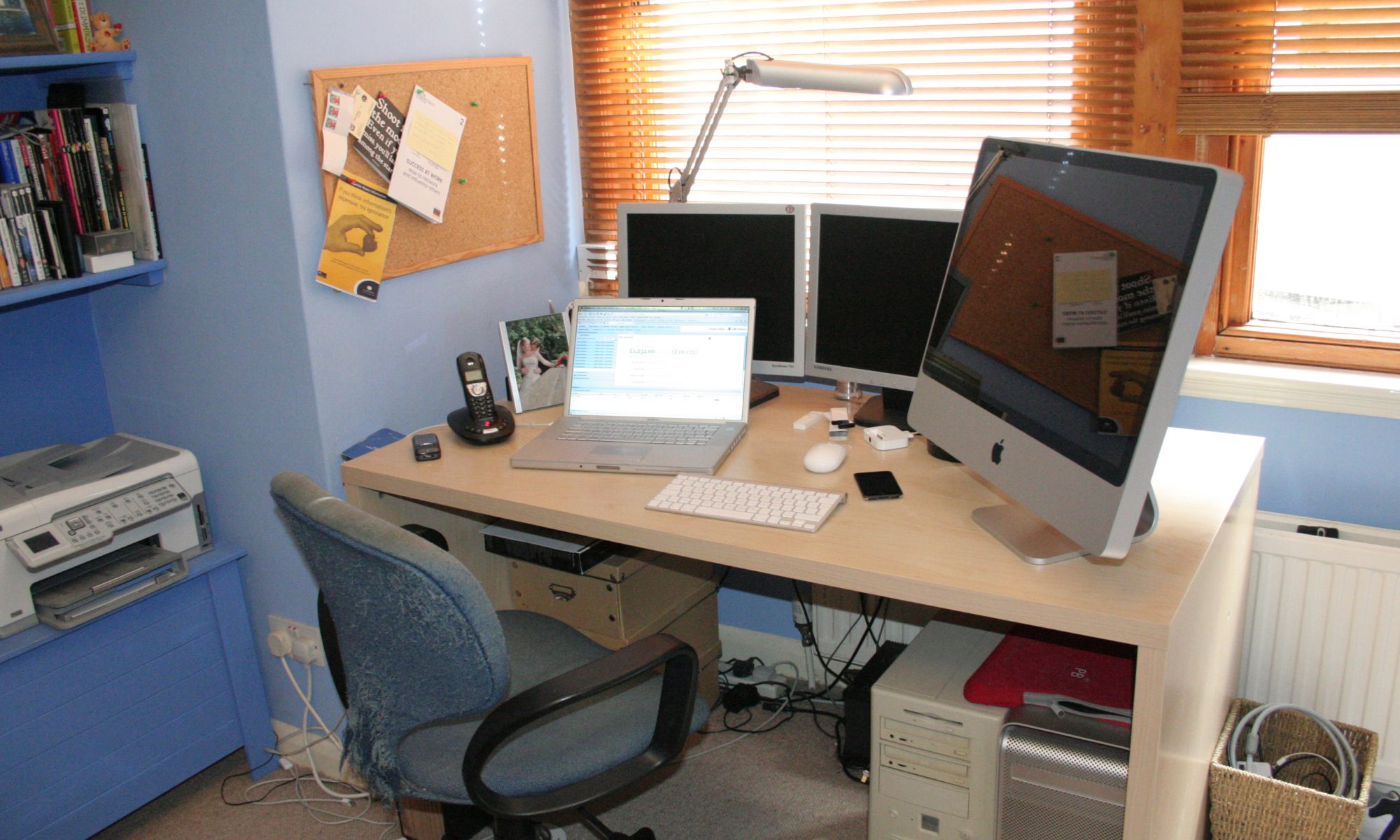Some prominent voices suggest implementing a type of universal basic income (UBI) in order to curb the future negative impacts of AI on employment prospects. While UBI policies can vary depending on context, any UBI plan involves the governmental distribution of universal cash payments to citizens on a predictable basis. Importantly, UBI payments are not earned, but rather they are granted merely in virtue of one’s status as a citizen or resident of a certain political jurisdiction. While there have been a number of UBI advocates throughout history, the concept has never received widespread support in the American context. However, many are softening to the idea in recent years due to the seismic changes in the employment market that are on the horizon. Debate over the merits of UBI even played a prominent role in the latest presidential election cycle, as presidential hopeful Andrew Yang advocated for a Freedom Dividend to help shield Americans from the risks of employment precarity caused by advancing technology.
While there are of course a whole host of questions pertaining to the economic feasibility of such an approach to remedying the impacts of AI, there are also underlying philosophical questions. Whether or not UBI will fix the problems it’s intended to fix is not only an economic, sociological, and political question, but also a philosophical one. Clearly, one of the most obvious roles of work in peoples’ lives is to supply them with the instrumental good of money, a role that instituting a UBI could plausibly fill. However, it is clear that work tends to play other vital roles as well.
Whether or not UBI is an advisable path forward in response to the impact of evolving technology remains an open question until we address some foundational questions about the relationship between work and what it means to be human.
While there are a multitude of ways in which one can approach the intersection of work and human flourishing, I will focus on a few of the most obvious ways in which work is integral to our lives. The first is as a source of personal identity. One of the primary ways in which people derive a concrete sense of themselves in relation to others is via their vocational choices and endeavors, with over one-third of Americans claiming their work is “extremely or very important to their overall identity.” The pursuit of excellence in one’s profession and the possession of a very particular kind of expertise can anchor one’s image and sense of self-worth as they navigate through life. Different jobs provide us with different scripts about who we are and about what kind of role we play in our communities. While there are of course other sources of personal identity beyond one’s chosen profession, the fact remains that work constitutes a major source of identity for many.
The second way in which work is integral to our lives, is that it tends to offer us a community of people with which to interact. Given the vanishing of many of our shared social spaces, work plays an even more central role in providing people with necessary social connections than in generations prior. As opposed to older generations, younger people are less likely to have relationships with their neighbors, more likely to purchase food to go as opposed to dining in communal spaces, and less likely to grow up with ties to a religious community. The bottom line is that — on average — people are interacting face-to-face less often than they once did. Of course, in the work-from-home era, this trend has also spilled heavily into the workplace.
The complete elimination of the workplace for a large segment of the population threatens to take with it certain key social benefits. People frequently meet their spouse in the workplace, and the majority of American workers also report relationships with their co-workers as the most satisfying part of their job.
If these work communities are to be entirely lost for a number of individuals, other types of communities will have to fill this void in order to circumvent a host of negative social ramifications.
The third and final role played by work that I will consider here, is that of work’s ability to provide structure to our daily lives. Whether we like it or not, our jobs are what force many of us out of bed in the morning, and they also are what we plan our vacations, holidays, and other personal commitments around. The standard 9-to-5 American workday provides a clear structure to many peoples’ lives, as it interjects at least a minimal amount of routine into one’s day. Since there are demonstrated mental health benefits to keeping a daily routine, there might be at least some reason to view the way work tends to structure our lives as a net positive. Of course, there are also downsides to the way in which work commitments can constrain us or stifle out the pursuit of other goods, with such concerns prompting a number of cultural movements, including ones to shorten the 9-to-5 workday. Despite these legitimate concerns about work structuring too much of our lives, the point still stands that humans tend to do best with some amount of daily structure and routine. If work responsibilities are to be completely wiped away for a sizable portion of the population, it is plausible that establishing other sources of structure will become necessary for the sake of many peoples’ mental health and ability to thrive on a daily basis.
Noting these trends towards a rapidly changing economy and employment landscape, valuable philosophical resources have sprung up in recent years to help us think better about the roles work does and should play in our lives. Such resources include 80,000 Hours and Notre Dame’s Ethics at Work project. Demand for these kinds of projects will only grow in the coming months and years, as speculation over the future impact of AI and other technologies on the nature and structure of the economy proliferates. The introduction of these advancements into the marketplace pushes us towards a deeper understanding of the role work plays in the experience of being human.
While work is about securing economic security, it is not only about securing economic security. Even if UBI turns out to be a politically and economically feasible solution to the impact of AI on the employment market, it can’t be the only fix we pursue to the problem of vanishing work. While monthly pay checks will help fill the economic void left by a collapsing employment market, it will do little to nothing to fill the other voids left by a lack of work. Thus, in addition to more research on the efficacy of instituting UBI, we should simultaneously pursue research into how to remedy the other inevitable societal impacts of a shrinking workforce.









